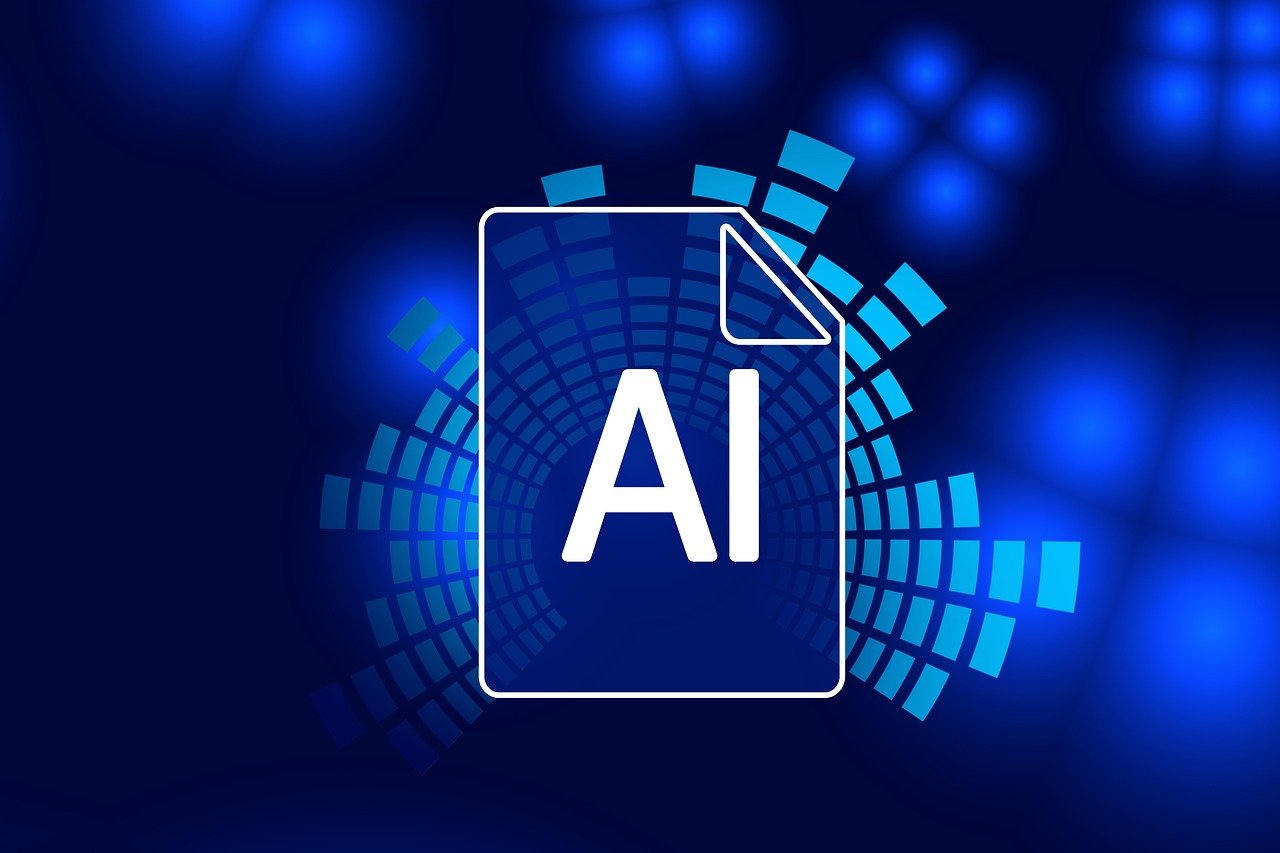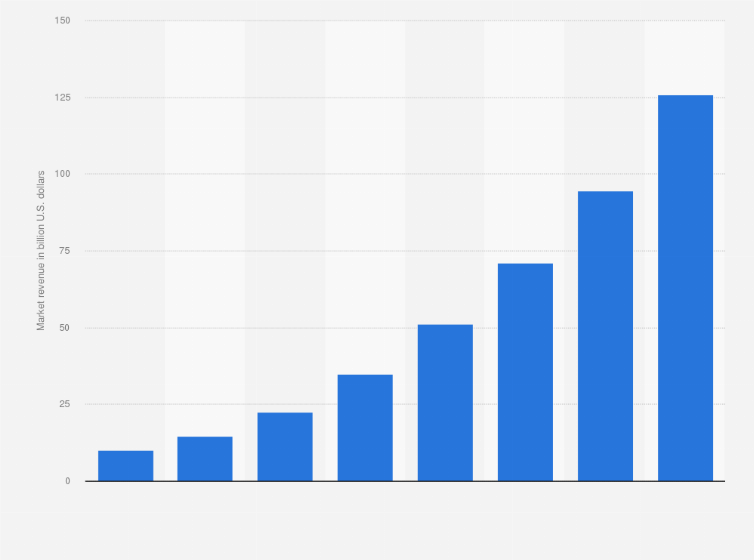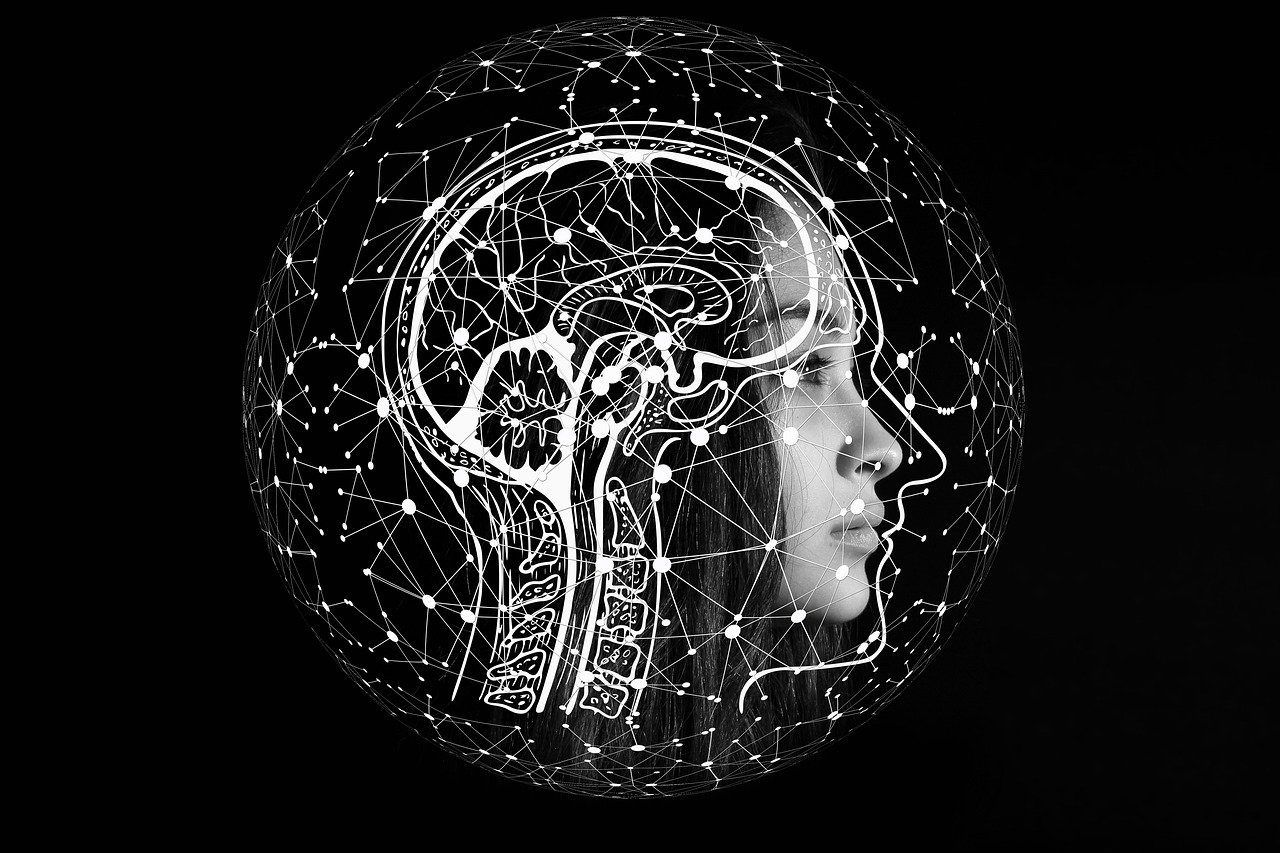Testing is an extremely important step in the software development process.This is when you assess your application’s functionality, performance, and general quality to ensure it meets the criteria and performs properly.
Artificial intelligence is one of the field’s most significant advances.
Artificial intelligence enables faster, more efficient, and highly accurate testing procedures. AI-powered testing systems can examine large datasets and identify unexpected patterns and abnormalities that human testers may overlook. AI in software testing accelerates repetitive tests and simulations, resulting in significant reductions in testing time and costs.

Learn more about the exciting world of AI in the software testing industry, including the eight real benefits it provides.
What is Artificial Intelligence in Software Testing?
AI is a technology that allows machines to replicate human intellect. AI allows you to do more than just validate email addresses and watch social media. Usually implemented in software testing, it involves manual or time-consuming tasks. AI testing is essentially the use of advanced algorithms, machine learning techniques, and automation to assess, execute, and optimize various testing procedures.
An AI-powered testing framework can automatically do the following things for you:
- Generate scripts
- Optimize and execute test cases.
- Detect and correct flaws.

Many of the largest names in technology, like Google, Apple, and Microsoft, have made significant investments in AI acquisitions and research. Statista predicts that the global AI software industry will increase dramatically, reaching $126 billion by 2025.
While AI is transforming the software industry, it does not mean that people are no longer necessary. You still need to understand how to hire developers to produce your program in the first place. Software testing also requires the presence of humans. After all, your software’s end users are still human. Who better to provide input from the end-user’s perspective than your human testers?
In other words, for the finest software testing outcomes, embrace AI’s potential while acknowledging that humans, despite their limits, have something to contribute as well.
Advantages of Using AI in Software Testing
1. Ensures Improved Test Coverage & Quality
If you’re concerned whether your tests include all potential scenarios, introducing artificial intelligence into software testing may be the answer. AI analyzes large volumes of data to identify potential holes in your test coverage. This means you may find those elusive defects that may have slipped through manual testing, improving the overall quality of your product.

Assume you’re creating a sophisticated mobile application with multiple features, functionalities, and possible scenarios. Classical manual testing might include the most obvious instances, however what about the hidden places where problems can go undetected? This is where AI in software testing may help.
Generative AI, a form of AI, dramatically enhances test coverage. It may generate test cases automatically based on your software’s specifications.This enables you to cover a wide range of scenarios without manually creating each test case.
artificial intelligence’s comprehensive testing helps to identify recurring problems or trend that may suggest fundamental issues.
This allows the development staff to deal with potential issues proactively, improving the overall quality of your product before it’s distributed to your users.
Also Read: How to Choose the Best AI Model for Your Application?
2. Complements Manual Testing
Manual testing has limits. Your manual testers are undoubtedly very skilled and dedicated. However, as previously said, there is a limit to what human testers can accomplish in a given timeframe, particularly when working with complicated applications. Here’s where AI comes in.

AI can easily handle repetitive and time-consuming jobs, as well as enormous amounts of data. So, by combining human knowledge with artificial intelligence efficiency, you can ensure a thorough testing plan.
However, artificial intelligence does more than merely automate tedious activities. It also promotes human creativity. AI enables your professional testers to do what they do best: find the unexpected by using critical thinking. After all, with AI taking care of mundane chores, manual testers may focus on exploratory testing.
Also Read: The Role of Artificial Intelligence in Pharmacy Practice
3. Is Time-Saving
Time is a valuable resource in software development. The faster you complete testing, more quickly you can put your product on the market.
By moving regression analyses to doing speed examinations, artificial intelligence reduces testing time while preserving quality.
Automated checks can also run all day and night. This enables you to run extensive regression tests overnight or on weekends. When you use AI in software testing, your team no longer has to wait for test results during business hours, and your development process moves forward without unnecessary delays.
As I previously indicated, generative AI can produce various test data. This not only speeds up the testing process, but also ensures that your software program is evaluated in realistic settings.
Finally, the time-saving benefits of AI in software testing result in shorter feedback loops.
4. Reduces time to market
Time-to-market (TTM) refers to the amount of time it takes to produce a product from its initial concept to its final release and availability to users. It assesses how quickly your software development team can bring a fully functional and tested product to market.
TTM is an important aspect in the software development business. A delay in releasing your product can result in missed revenue opportunities and lost market share. TTM can help the software get a competitive advantage in the market.
Does this mean you should cut testing and deliver your product sooner? Of course not. AI allows you to shorten deadlines while maintaining high quality.

We’ve discussed how the typical software testing method might take time. Manual testers carefully review test cases, ensuring that every part of the application is thoroughly reviewed. That is okay. However, if they are required to perform repetitive activities in addition to this detailed review, your software testing will take a long time, and your competitors may beat you to market. However, by utilizing AI-powered automation to handle these repetitive processes, time-to-market can be decreased.
AI also permits parallel testing. AI automation enables you to run tests concurrently across various settings, significantly lowering the time necessary for comprehensive testing.
For example, if your team is developing a web application, manually testing it across multiple browsers, operating systems, and devices could be time-consuming. AI can conduct tests in several environments at the same time to ensure compatibility. Choose a web server that provides high Internet speeds at the same time, and you should see faster results. Your team can then concentrate on other parts of the end-user experience, thereby shortening your testing duration.
Furthermore, AI’s function in detecting issues early in the development cycle decreases back-and-forth communication between developers and testers. This means that problem fixing is more efficient, eliminating the time-consuming process of finding, correcting, and retesting bugs that surface later in development.
Also Read: How Can Frosting AI Unleash Creative Magic with AI-Generated Art?
5. Allows for high accuracy
If your testers spend hours meticulously completing automated test cases, there is always the possibility of human error. A simple error or gap in attention can result in erroneous results. This is where AI in software may help.
When it comes to performing test cases, AI-powered solutions provide unrivaled precision, ensuring that the same test yields the same results every time it is run. This level of precision is especially important for functionalities and scenarios requiring a high level of dependability.

Consider regression testing, which involves determining whether recent changes have inadvertently harmed existing functionality.
AI’s precision extends to cases involving large datasets or sophisticated calculations. For example, while testing algorithms or data processing, AI can mimic a variety of inputs and check that the outcomes match what is intended. This level of accuracy is critical for situations where even little errors in output can have serious repercussions.
6. Supports real-time monitoring
AI-powered real-time monitoring does more than only improve your software’s performance. It also ensures a smooth UX. Smart tools evaluate massive amounts of data created by your software, including server logs and user interactions. They employ machine learning techniques to create baselines of normal behavior, which allows them to detect even little deviations. This simply means that you will be notified as soon as an anomaly happens, allowing you to address the issue before it affects users.
AI can detect patterns that human monitoring may overlook. For example, it can detect steady decrease in performance quickly, which may not be visible with periodic human tests. This proactive strategy ensures that your software remains in peak shape and that the user experience is consistently excellent.
AI software monitoring can also help forecast prospective problems based on past data and patterns. This predictive capacity enables you to resolve vulnerabilities before they manifest, saving you from firefighting and ensuring that your users have a consistent experience.
7. Helps with risk management
Software development and deployment involve inherent risks:
- Bugs and security vulnerabilities
- Performance bottlenecks and other issues.
- The key to good risk management is to identify and mitigate these risks early in the development cycle. This is where the strategic use of AI in software testing comes into play.
AI’s capacity to simulate a variety of scenarios makes it an effective risk assessment tool. It can simulate real-world settings and user behaviors in order to identify vulnerabilities that would otherwise go undetected in controlled testing environments. By subjecting your software to a variety of usage patterns, AI detects flaws and potential security breaches, allowing your team to remedy them proactively.
For example, if you’re designing a financial application that handles sensitive user data, security breaches could have severe effects. Manual testing may address apparent security issues, but AI can go further. It can mimic attacks such as DDoS attacks or unauthorized access to determine your application’s vulnerability to prospective threats. By detecting and correcting vulnerabilities before hostile actors exploit them, you strengthen your software’s security.
AI can forecast dangers using past data and trends. By examining previous challenges and their core causes, AI can provide insights into potential problem areas. For example, if past releases had performance degradation during high-traffic events, AI might alert your team to dedicate more resources or improve specific components.
AI may also model severe situations, such as little memory or bad network connectivity. It assesses how your application handles difficult events. This proactive strategy ensures that your software remains dependable even in difficult situations.








